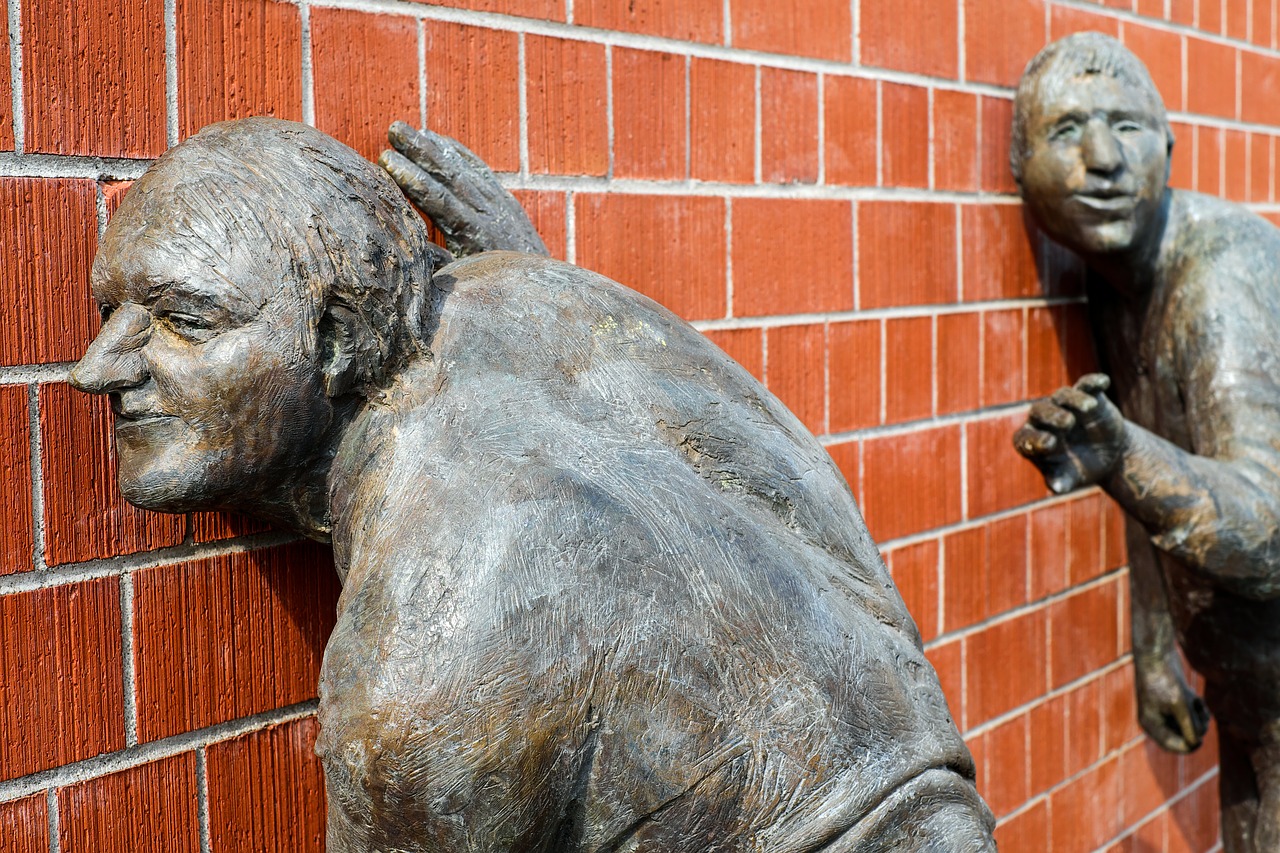Believe it or not, it is a common experience to have your political beliefs challenged when you go off to college. Everything about what you truly value and believe will be put on the table, because for the first time you have been kicked from the nest; you are away from home and are independent. While you might have considered yourself a free thinker before, it’s hard to deny that our family and home environments can deeply influence our opinions. For some, realizing this this can be a devastating, yet enlightening experience.
I myself grew up in a deeply conservative household, and before I left for college I swung about as far right as you can go. This is not to say that I’m about to completely berate conservative thinkers, as I have not abandoned all of that ideology and am a firm believer in respecting others’ opinions. I did, however, let the opinions of my family and Southern environment influence what I believed, and this clouded one very important question from my mind: Do I really believe these statements, and if so, why?
It requires a lot of bravery and confidence to stand up and say that you believe in something, or label yourself a “democrat” or “republican,” but it requires much more than just bravery to defend these claims to someone who simply asks you “Why?”
Often, when we are younger, we adopt the beliefs of those we care about, and never really have to defend them to anyone. When you leave for college however, you are expected to grow up and be an adult, and part of this experience is learning how to defend your beliefs when they are inevitably challenged. This lesson will come from your peers, friends, professors, everyone. All of a sudden, simply labeling yourself as a “conservative” or “liberal” will not suffice; you must extensively explain why you believe these statements –– why they make up your identity –– and this is when most college students come up short.
I experienced that confusion my freshman year with my group of friends; we were debating certain opinions and rights among the parties, and I thought I defended myself pretty well. That was, up until I took a Contemporary Moral Issues class and explored, at a deep and intellectual level, many of the concerns that political parties debate. This class forced me to really think about whether I truly believed in the ideals I thought I understood. I found myself keeping my hand down during class discussions, because as others fleshed out arguments and defended their claims, I realized I really hadn’t thought about these topics as deeply as they had.
So, I listened, I learned, I went home and researched and then I reevaluated. This simple process is something crucial that I would recommend to any college student, for nearly any topic.
Listen Without Bias
Fully interact with opinions that are both different and similar to yours. One thing that stuck with me about the professor that taught this class is that you could never really tell what his own bias was, because he would make us read articles both for and against an issue.
If it was political, we would read about the problem from a liberal view and a conservative perspective. The reasoning behind this practice is, in his words: “You don’t really learn anything about an issue unless you are looking at it holistically, from multiple perspectives.”
Never Stop Educating Yourself
Learn more about the beliefs or opinions you are wavering between, and the ones you feel confident in. Especially when it comes to politics, the most important thing to do is to read the news, scour articles, research the topics that are being debated and formulate your own opinions based on credible research that you are confident in that has appealed to you for a distinct reason.
One of two things will happen: either A) you realize that you believe something other than what you originally thought, or B) you are further convinced that your stance on the topic is the one you agree with. Either way, you are more assured in your beliefs so that you can defend against those who may challenge them.
Don’t Be Afraid to Challenge Your Own Beliefs
The most important thing to realize is that it is normal to have to reevaluate your ideals when you get to college, especially when it comes to politics. When you are younger and unable to vote or voice your opinions properly, people don’t really acknowledge your voice or expect you to hold a strong stance on an issue.
However, that changes drastically in college because not only are you legally allowed to vote, but you are an adult who in a few years’ time will be employed in the real world. You will be a part of the generation that will enact societal and governmental change into the world, so it matters what you believe, and that you know why. It’s also why so many people challenge you on it: we all live in the same world, and it is effected by the opinions of the people who inhabit it.
For example, think about current political debates, such as the discourse surrounding DACA and whether or not illegal families residing in this country should be separated and removed. This an argument that tends to pull the political parties apart, as their opinions on the matter always end up severely polarized. Instead of instantly formulating an opinion on the issue based off which party you associate yourself with, strip labels from the problem entirely, and look at it from the perspective of a human being. Investigate the issue, listen to what other people have to say, do your own research and formulate your own stance. Then, look at what the parties are saying about it, and further deliberate between which side most closely aligns with yours.
It won’t always be a perfect fit, either. In my experience there is not one political party that I associate myself with, as I handle each issue differently and tend to waver back and forth across the spectrum. However, I have still found a way to define myself politically while being able to adequately defend my beliefs and not base them off a party: I define myself as socially liberal, and fiscally conservative. This means that social and humanitarian issues I lean more toward the left, but fiscally I lean more toward the right. While this is how I identify personally, there are many other ways to define yourself (if you feel it’s necessary) without limiting yourself to a single ideology.
Whether it be Democrat, Republican, liberal, conservative, Libertarian or Independent, there is always a way to reevaluate your political opinions when college brings you face to face with real, honest debate. All it you need to do is listen, learn and reflect.
















